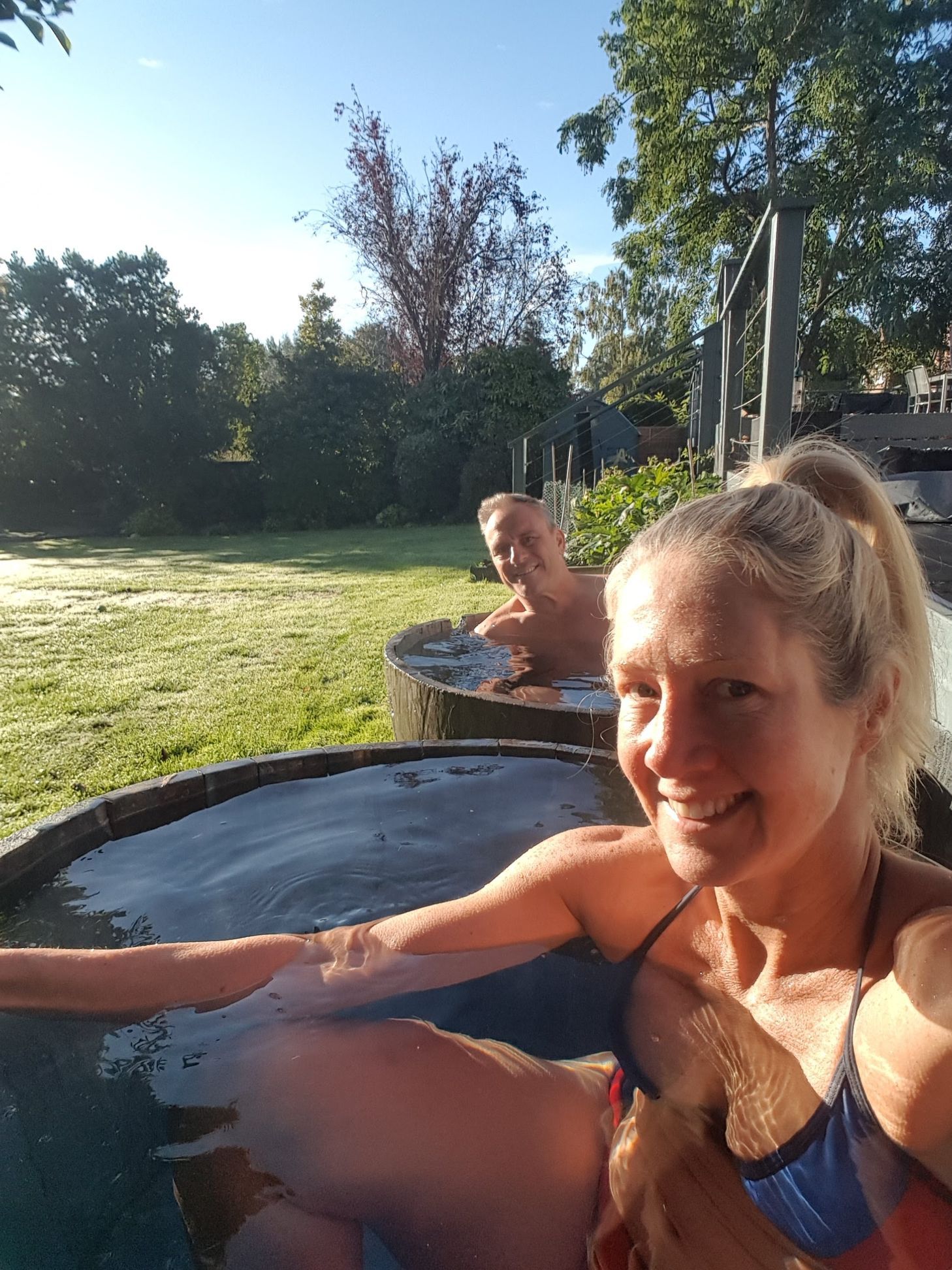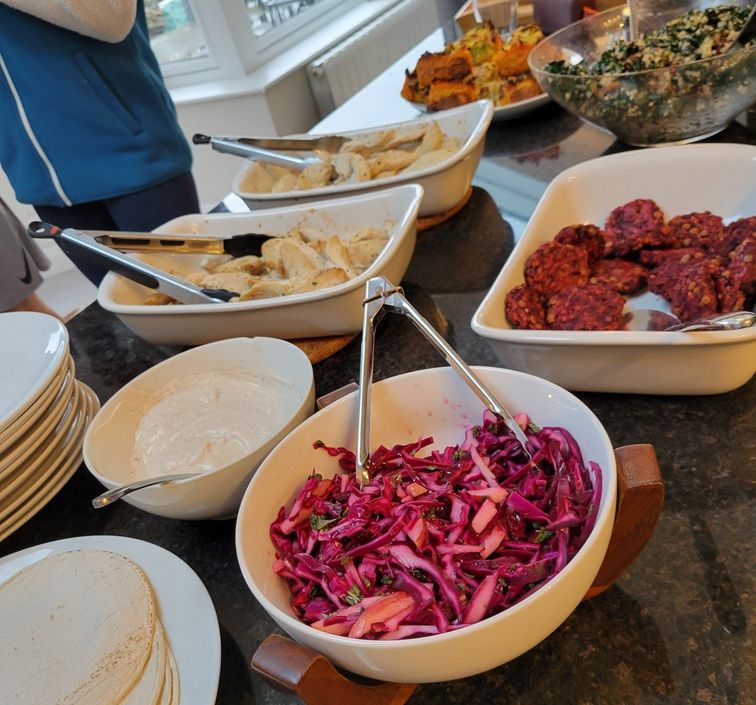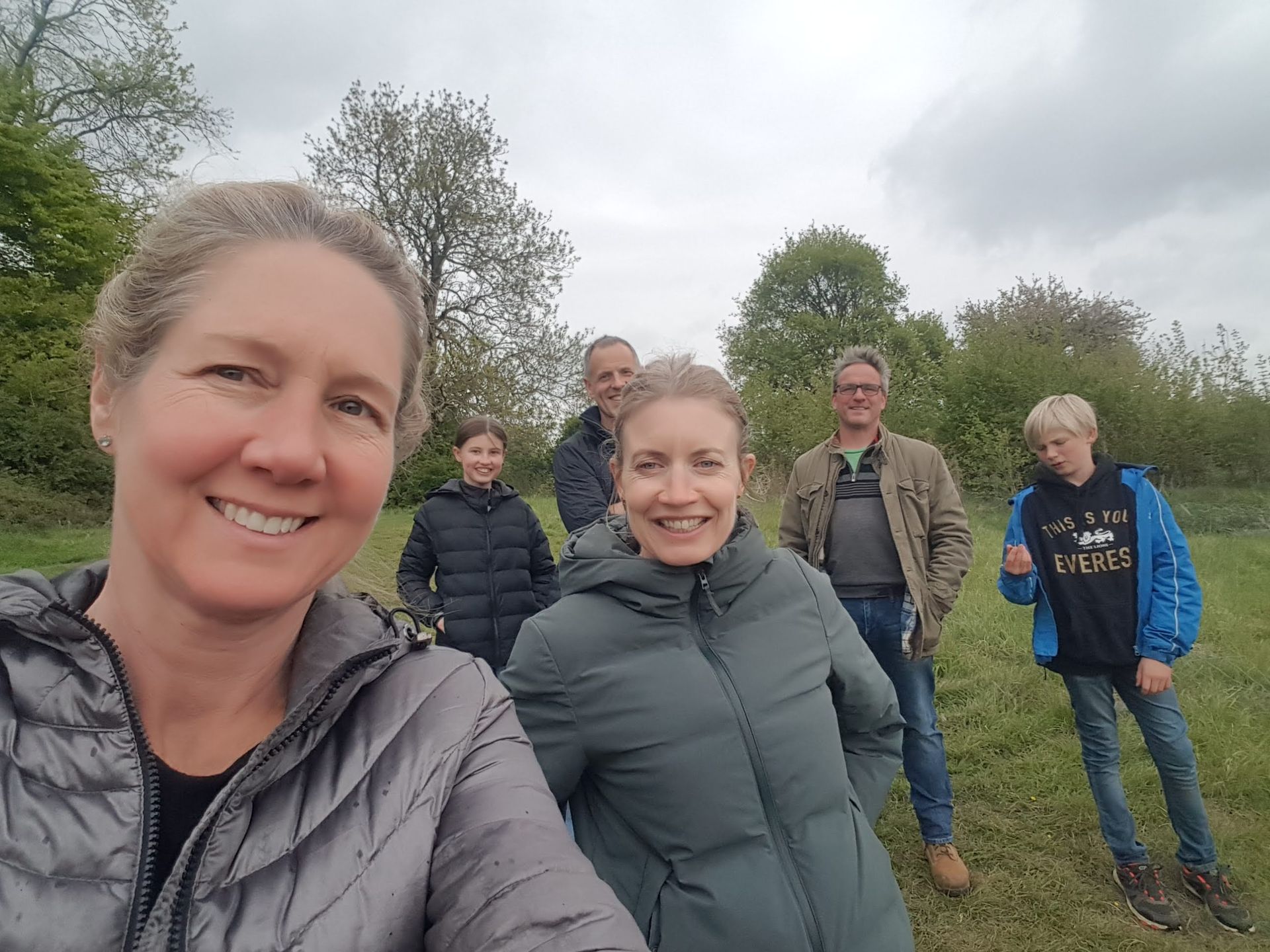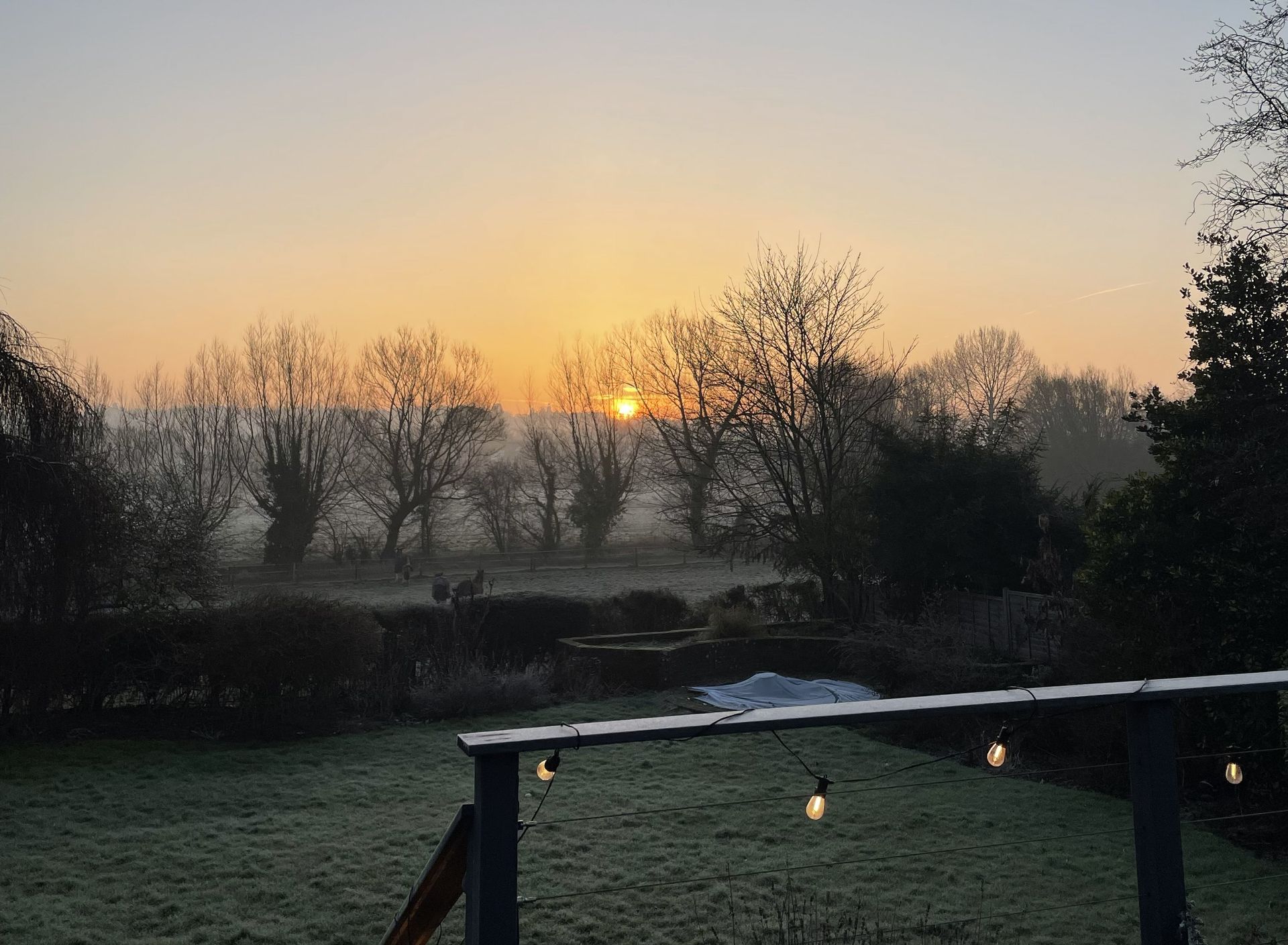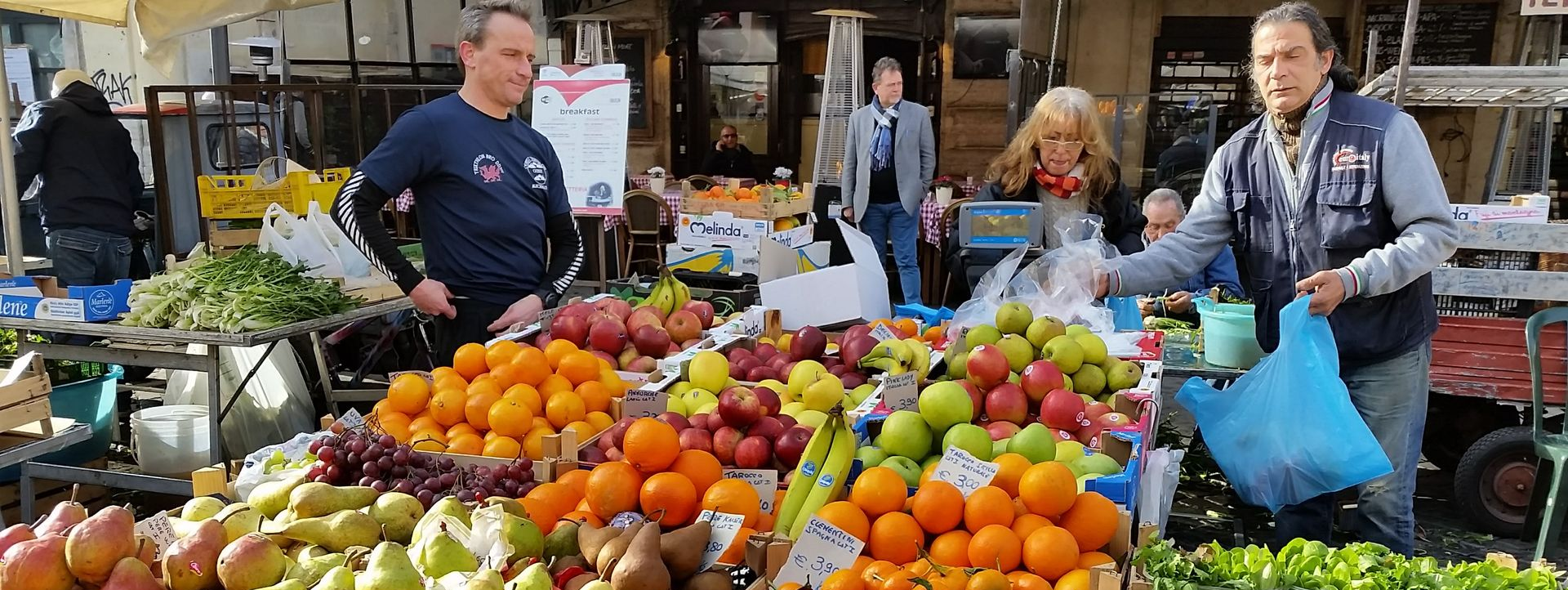HUMAN CONNECTION
Disconnection in an Increasingly Connected World

It’s easy to forget just how important human connection is for our wellbeing.
We can spend entire days glued to screens — working, scrolling, or messaging — without truly engaging with the people around us. Yet at the heart of wellbeing lies something simple and timeless: our relationships with others.
Human connection is not just a “nice to have.”
It’s essential.
It shapes how we see ourselves, how we cope with challenges, and how we find joy in everyday life. When we feel connected, we feel supported, grounded, and alive. When we don’t, life can feel isolating, no matter how busy or full it may appear on the surface.
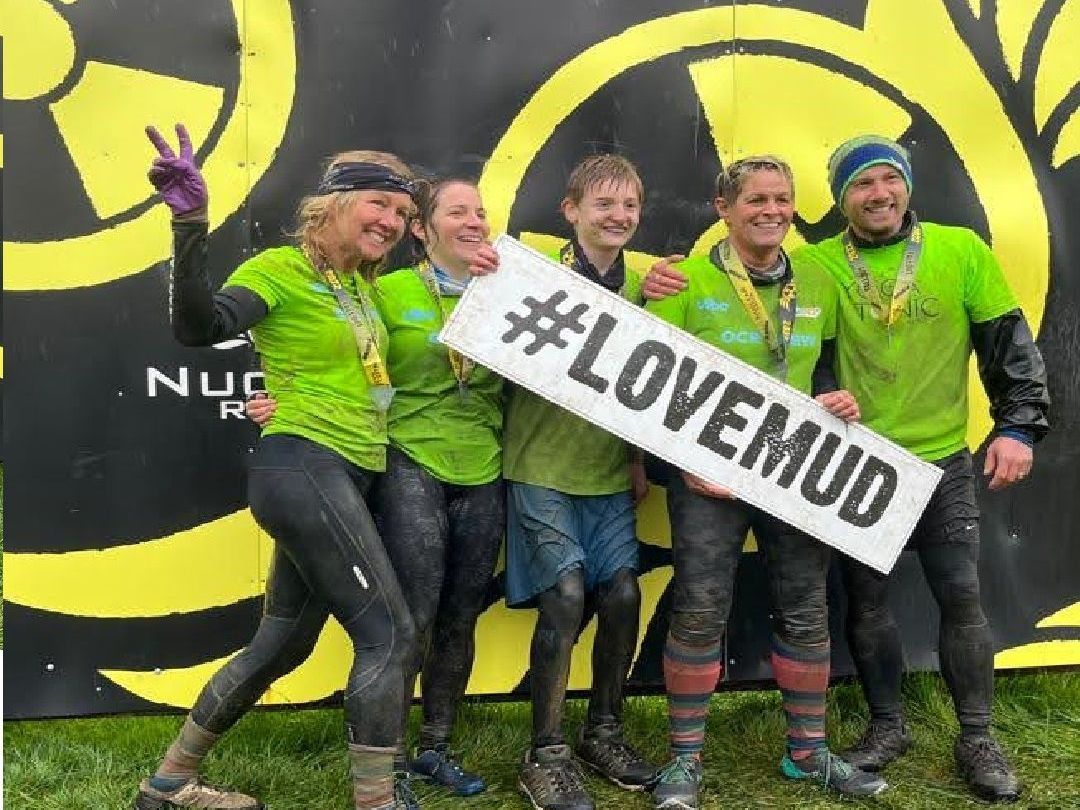
Why Connection Matters
Research consistently shows that connection is one of the strongest predictors of happiness and longevity. People with strong social bonds are not only healthier but also more resilient in the face of stress.
Connection lowers anxiety, boosts self-esteem, and even supports physical health by strengthening the immune system and lowering blood pressure.
But beyond the science, connection matters because it’s deeply human. We’re wired to belong. From early human history, our survival depended on being part of a tribe. Today, while our basic needs may be more secure, our emotional need for belonging is just as strong.
The Different Forms of Connection
Connection doesn’t always mean being surrounded by people or having a wide social circle.
Sometimes it’s about the depth of just one or two close relationships.
Other times, it’s the warmth of community — sharing space, rituals, or traditions with others.
It can also be found in small, everyday interactions: a smile from a stranger, a quick chat with a neighbour, or a kind word at the checkout. These seemingly minor exchanges remind us that we are seen, acknowledged, and part of something larger.

Barriers to Connection
Modern life, for all its convenience, can make connection harder. We move frequently, work remotely, and often live far from family and friends. Social media gives the illusion of being connected, but digital exchanges rarely offer the same depth as face-to-face interactions.
Sometimes, the biggest barrier is simply business.
We tell ourselves we’ll call a friend “when things settle down” or meet up “when we have more time.”
But weeks and months slip by, leaving us feeling distant and disconnected.
Nurturing Connection
The good news is that connection doesn’t require grand gestures. It starts with small, intentional acts: sending a message, arranging a coffee, joining a class, or even just making eye contact and saying hello.
If you’re feeling disconnected, take a moment to reflect: who in your life brings you joy, ease, or comfort?
When was the last time you reached out?
Connection thrives when it’s nurtured regularly — a little and often, rather than all at once.
The Takeaway
The power of human connection lies in its simplicity.
It doesn’t demand perfection or constant availability, just the willingness to show up — to listen, to share, to be present.
This week, make one small effort to connect. Call a friend, smile at a stranger, or spend time with someone you love. Notice how it lifts your energy and grounds you.
Because in the end, connection isn’t just about others — it’s about nourishing your own wellbeing too.


